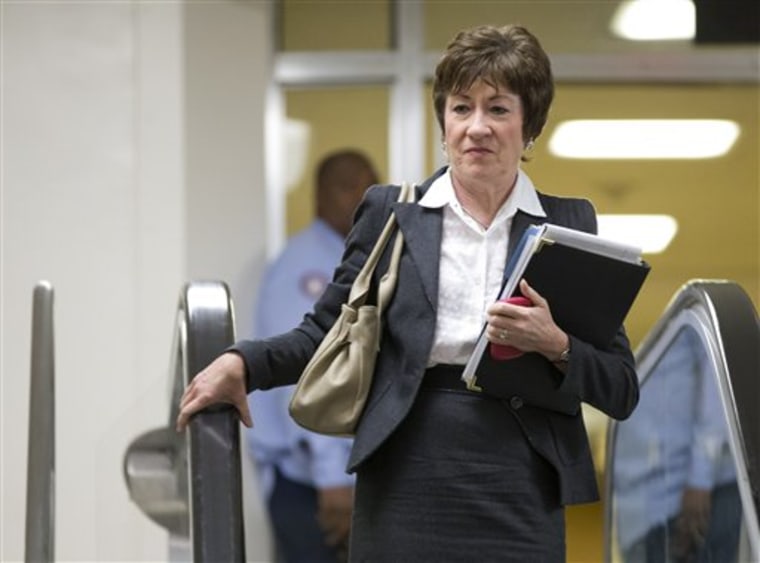Of all the election-security measures Democrats have introduced in recent months, the "FIRE Act" seems the least controversial. Sen. Mark Warner (D-Va.), the vice chair of the Senate Intelligence Committee, has taken the lead on the "Foreign Influence Reporting in Elections Act" (or FIRE Act), which would require campaigns to report attempts at foreign elections interference to federal authorities.
The measure doesn't play any political games -- it wouldn't favor one party over another, for example -- and it would simply mandate what many U.S. officials have already said should be common sense.
But Republican senators have balked at the bill more than once. Defending himself against "Moscow Mitch" criticisms this week, Senate Majority Leader Mitch McConnell (R-Ky.) argued that Democrats have done little more than offer partisan proposals intended to help their party win elections.
I can't think of a substantive reason the GOP leader would say this, but when it comes to Warner's bill, the talking point lost some of its salience this week.
Sen. Susan Collins (R-Maine) is signing on to a bill to require campaigns to report foreign assistance offers to the FBI, giving the legislation its first GOP supporter."Russia's efforts to interfere in our elections remain relentless. I'm proud to join Sen. @MarkWarner in cosponsoring the bipartisan FIRE Act to require presidential candidates to immediately call the FBI if they are contacted by a foreign power attempting to target our elections," Collins tweeted Tuesday.Sen. Mark Warner (D-Va.), the bill's sponsor, announced earlier Tuesday that Collins had signed on, saying that Congress needed "to make it clear for presidential campaigns going forward: if a foreign power contacts you attempting to interfere in our elections, you call the FBI."
For the record, this represents a change in position for the Maine Republican. As recently as mid-June, Collins balked at the FIRE Act, arguing that it was overly broad.
Obviously, as of this week, the senator -- who's facing a tough re-election fight next year -- has come around.
The legislative arithmetic remains daunting, even for seemingly uncontroversial bills like this one. The Senate Democratic conference has 47 members, so even if one of their bills were to somehow reach the floor for a vote, they'd need several Republican votes, not just one.
But the broader point is that Mitch McConnell is running short on excuses for inaction. There are now several election-security proposals that have bipartisan backing, and if the majority leader wants the "Moscow Mitch" moniker to go away, he probably ought to consider supporting some of them.
